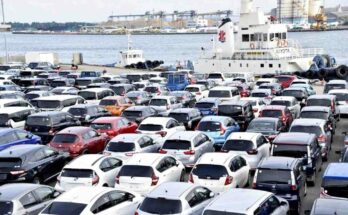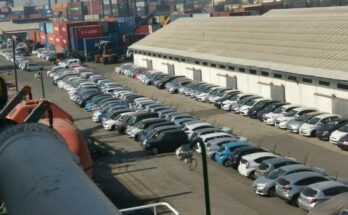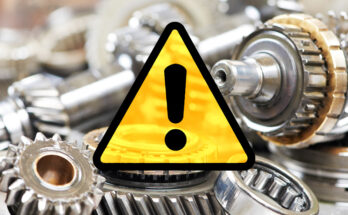In recent years, the auto industry of Pakistan has witnessed some unfavorable circumstances that have led to the slow but steady decline of the entire auto parts industry, creating a major crisis.
The first and foremost cause of the crisis is the high cost of raw materials. Most auto parts makers in Pakistan rely on imported raw materials because there is a lack of local resources available to manufacture the required parts. The unavailability and cost fluctuations of these raw materials have resulted in significant losses for auto parts makers, causing critical financial problems. Secondly, the import restrictions that were put in place to save the outflow of precious forex reserves have severely hampered the supply chain.
Then, the unfavorable government initiatives negatively impacted the auto parts industry, causing the crisis. The imposition of additional taxes, increase in customs duties, and stringent regulatory policies have created a lot of added distress for the industry. As a result, many manufacturers are struggling to remain profitable, thereby leading to a significant decrease in the number of businesses operating in the industry.
Lastly, policymakers and regulatory bodies are failing to monitor and scrutinize the market trends. As a result, they are unable to provide appropriate policies and solutions to address the challenges faced by auto parts makers. A lack of effective policies and regulations leads to the decline of the industry, putting it under further distress.
Related: PAAPAM Says Auto Industry Might Shut Down Permanently
The auto parts market is primarily driven by the local automobile industry, but the auto industry is still underdeveloped in Pakistan compared to other countries. Therefore, despite the efforts by auto parts manufacturers to improve their products and services, their efforts have not been sufficient because of the lack of demand for these parts. This has further exacerbated the financial distress faced by auto parts makers. Most part makers are already observing non-production days (NPDs) due to a lack of demand in the market.
Furthermore, OEMs also prefer importing technical and sophistically engineered value-added parts from abroad, while local auto parts makers are generally asked to provide basic components that don’t require an advanced level of engineering.
The impact of the crisis on the auto parts industry is significant and has long-lasting effects. Firstly, the crisis adversely affects car manufacturers in Pakistan. If local auto parts makers cease operations, the local car manufacturers will have to resort to importing even the basic auto parts which will increase the overall cost of production.
Related: Thousands are Laid Off by Auto Industry as Sales Reach a Record Low
The auto parts industry provides employment to a considerable proportion of individuals in Pakistan. As businesses close due to the crisis, the number of people left without jobs increases. This scenario further intensifies the economic distress faced by society, creating ripple effects for the country. Munir Karim Bana, chairman of the Pakistan Association of Automotive Parts and Accessories Manufacturers (PAAPAM) has already revealed that in recent months Pakistan’s automotive industry has laid off thousands of workers as sales of automobiles and replacement parts have dropped massively due to a government prohibition on raw material imports, a significant depreciation of the currency, and surging inflation. He said:
“We have retrenched thousands of workers in recent months as our production has virtually come to a halt. There is no buyer now as auto manufacturers have shut down their plants.”
The auto parts industry’s continuing crisis is a critical issue for Pakistan’s economy. The industry’s issues are varied, but the principal cause appears to be the higher cost of raw materials, coupled with unfavorable government initiatives, effectively leading to inadequate policies and ineffective regulatory authorities. The ripple effect of this highlight on an economic and employment level requires immediate attention. The government must implement policies beneficial for both the automobile and auto parts industries to steer the economy in a more positive direction, ensuring economic stability for all.

I don’t eat, sleep or dream of cars, I am just someone who loves to see, think & write about cars. I love Ferrari in Pink but they won’t make one for me. I use X to write my full name, but that doesn’t mean I’m inspired by Altis X, in fact, my dad hates it 😀 Btw I’m an occasional writer so don’t expect too much from me 🙂




